Hexes never looked as beautiful as they do in the Hexoplanet trailer
Manage a robot colony and prepare a planet for human colonization (when you're not too busy gawping at the scenery).
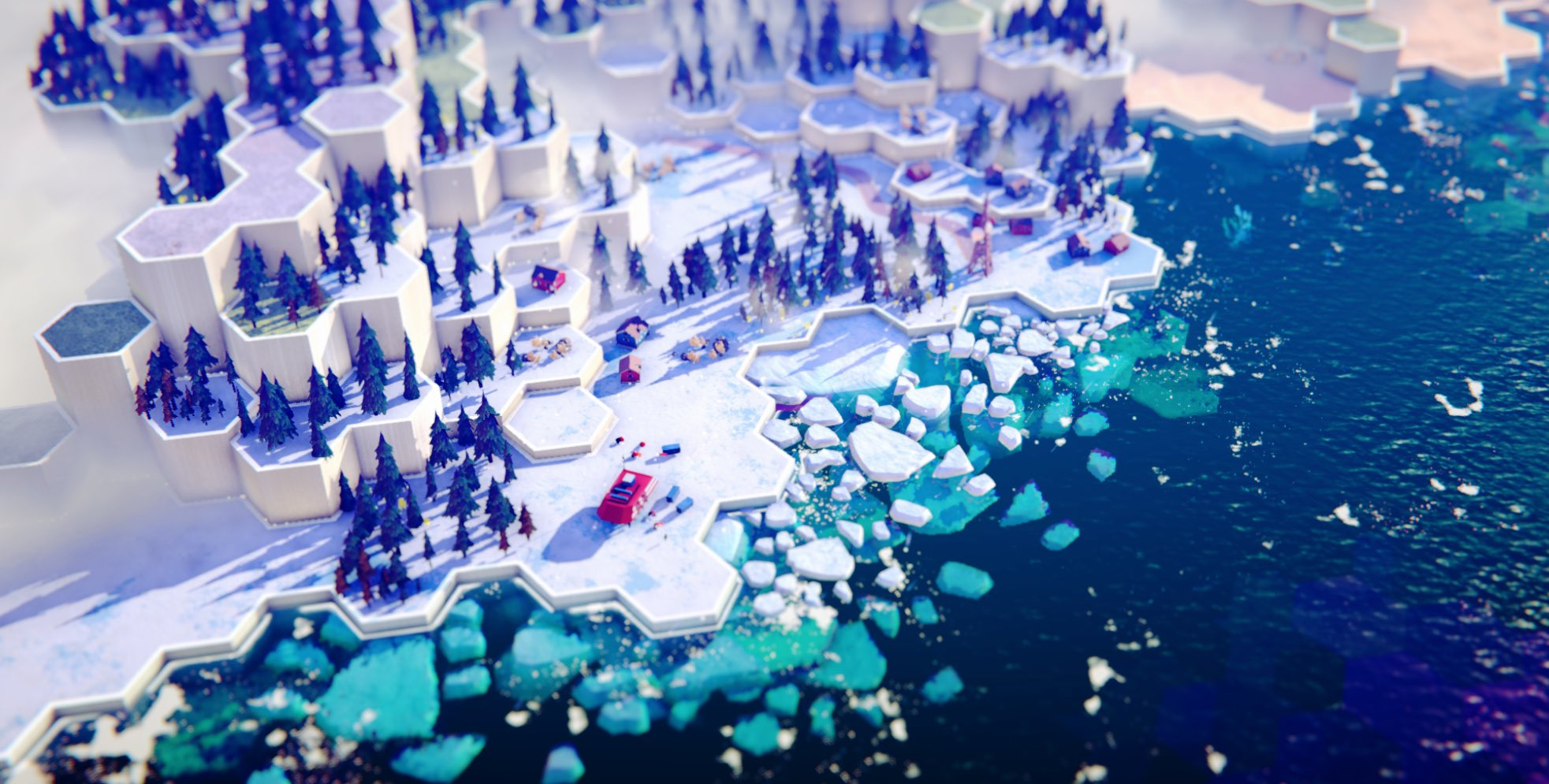
I'm not sure why a hex map is so instantly appealing to me, honestly—maybe it's a reminder of old D&D campaigns from my teen years where world maps were drawn on hexagonal graph paper instead of on a square grid. Hex maps just have an extra bit of wonder and mystery to them, I think.
So when I see a hex map in a game I'm always interested, and that goes triple for the one shown in the trailer for Hexoplanet. Because, wow. It's beautiful.
In Hexoplanet, which is being developed by artist and engineer Max Gittel, "You take control over a robot civilization that recently achieved self-consciousness and needs to prepare a new planet for their masters, the humans." As in games like Factorio and Satisfactory, you gather resources, build factories, produce products, manage logistics, research tech, and transport materials around the map to where they're needed most using trucks, trains, and boats.
Sounds fun, but mainly I'm just in awe of how beautiful this hexy world looks. I think it's the most beautiful hex world I've ever seen, in fact. Swampy marshes with little lily pads, chunky little ice floes floating off the coast, wheat fields, poofy trees, hexes stacked up to form plateaus and mountains, plus there's some really lovely shaders and atmospheric effects at play. Even the heavily industrialized areas somehow look beautiful, with little smokestacks pumping out adorable clouds of pollution and cargo ships churning through murky brown waters.
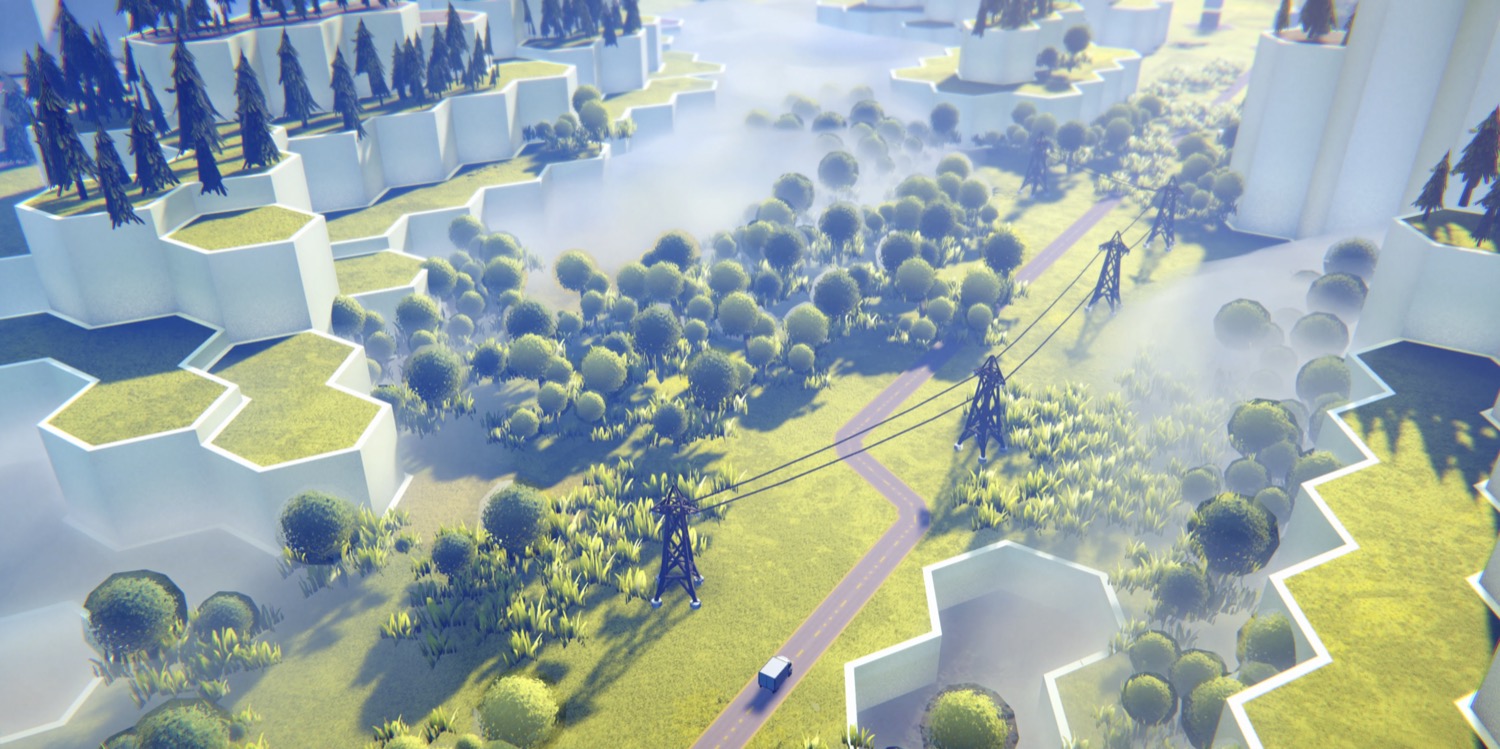
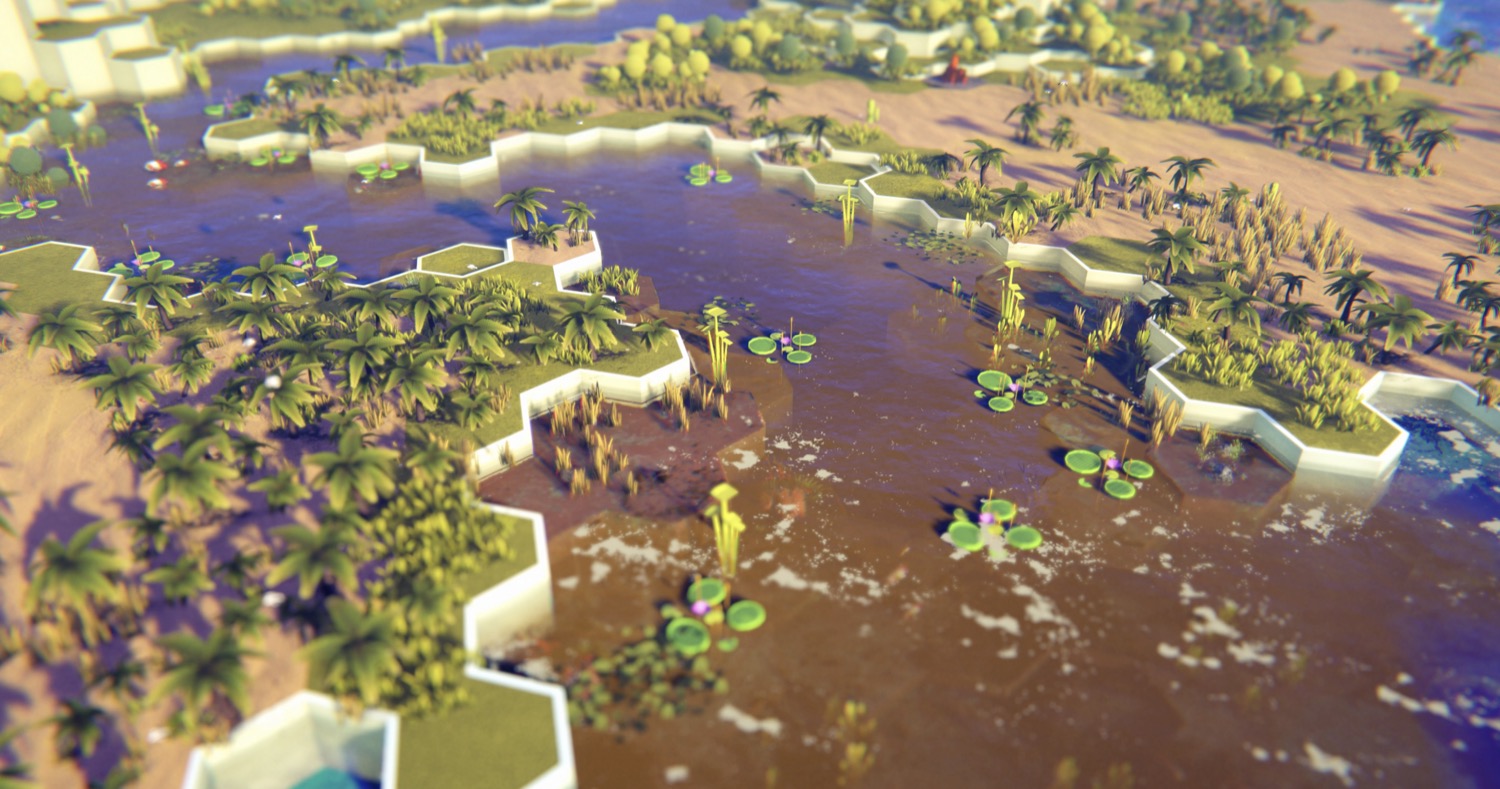
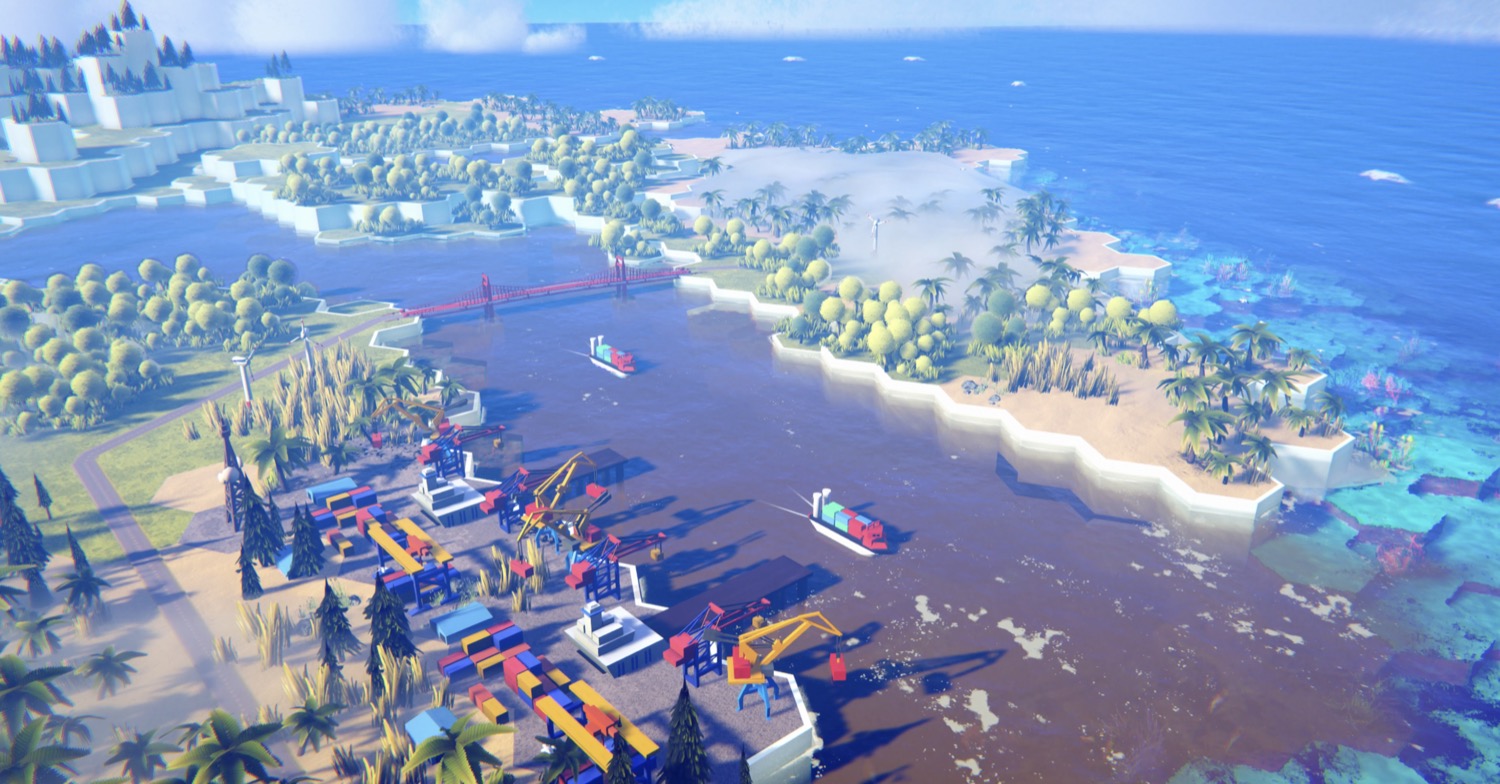
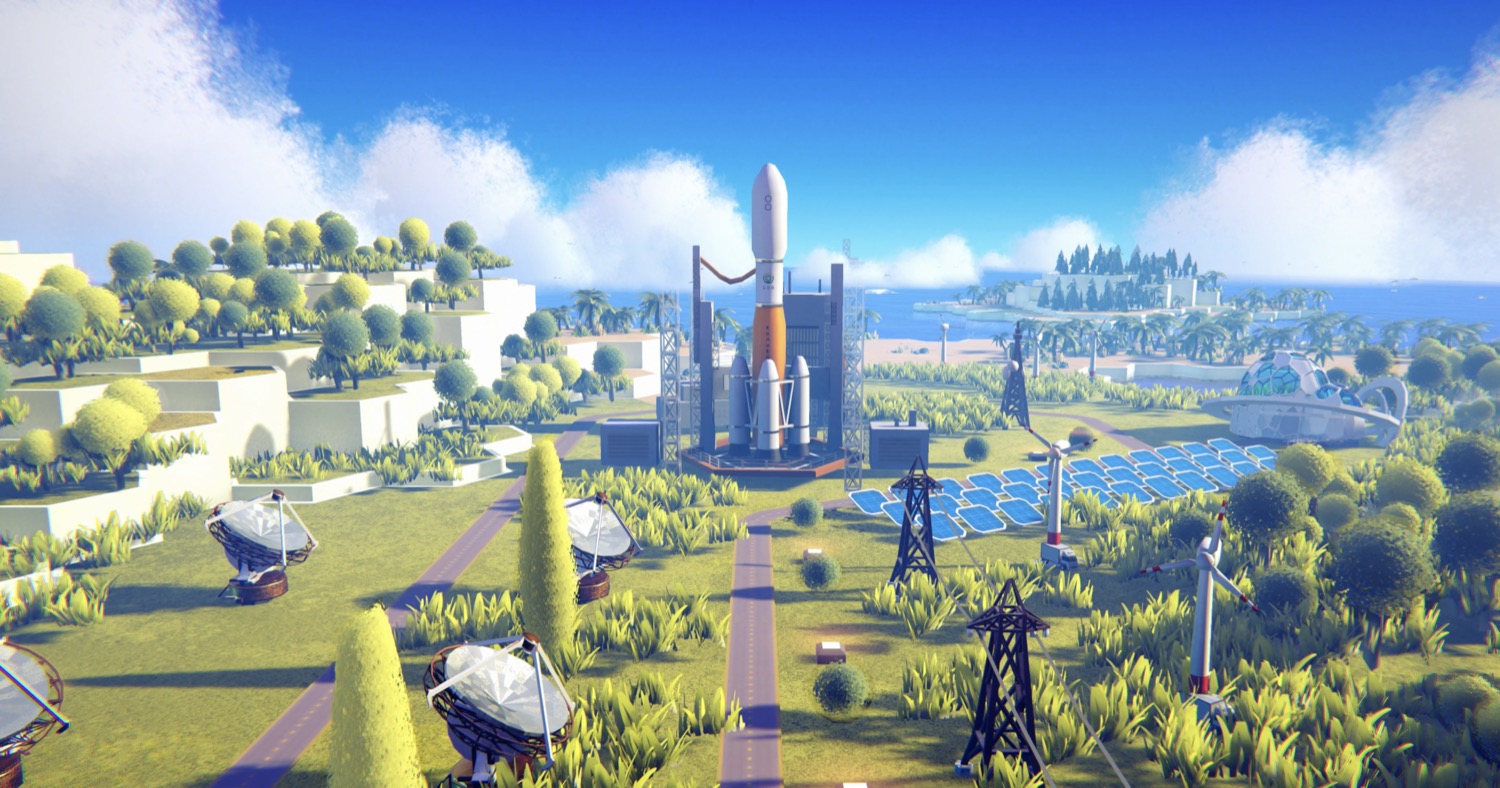

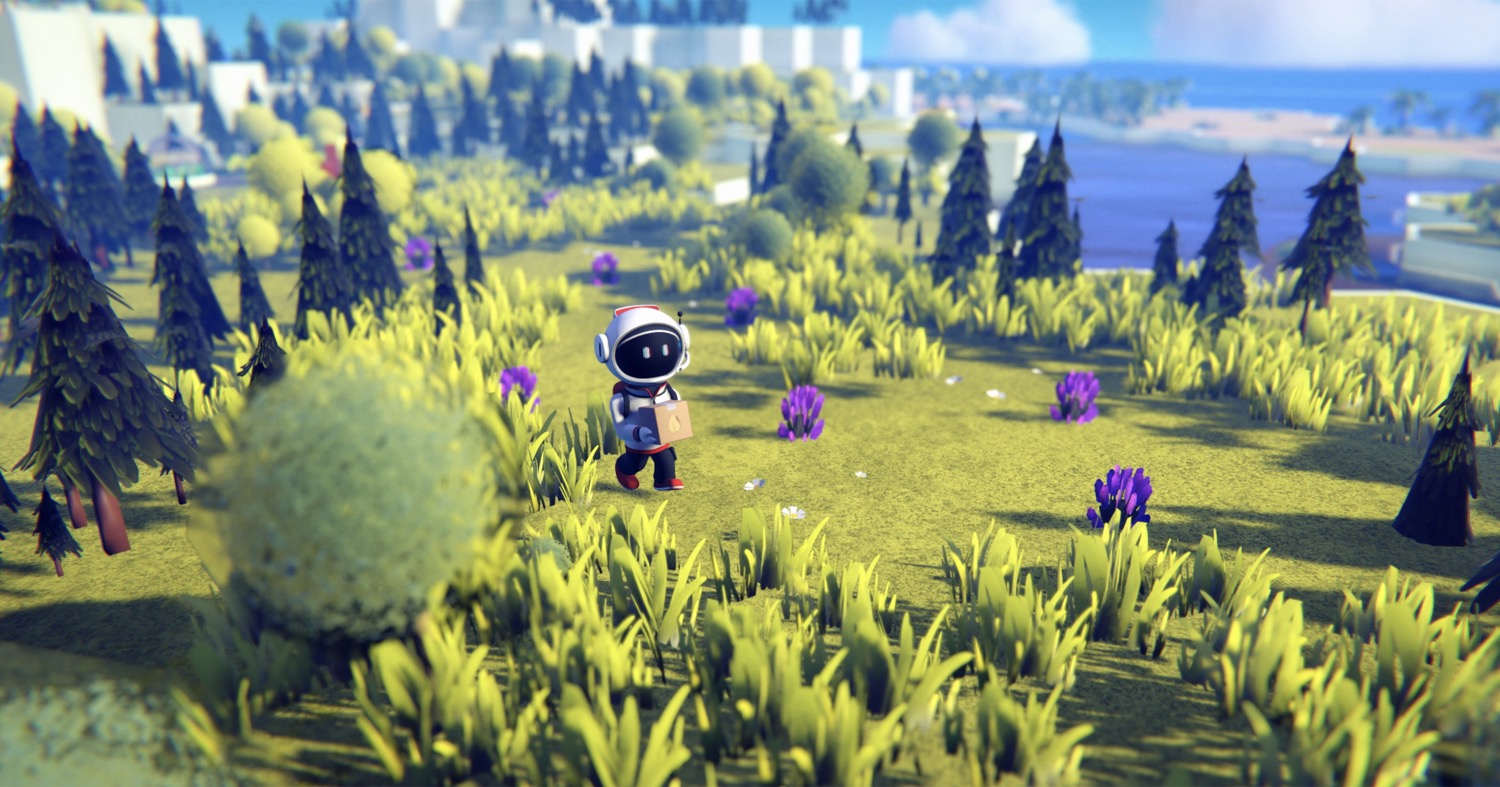
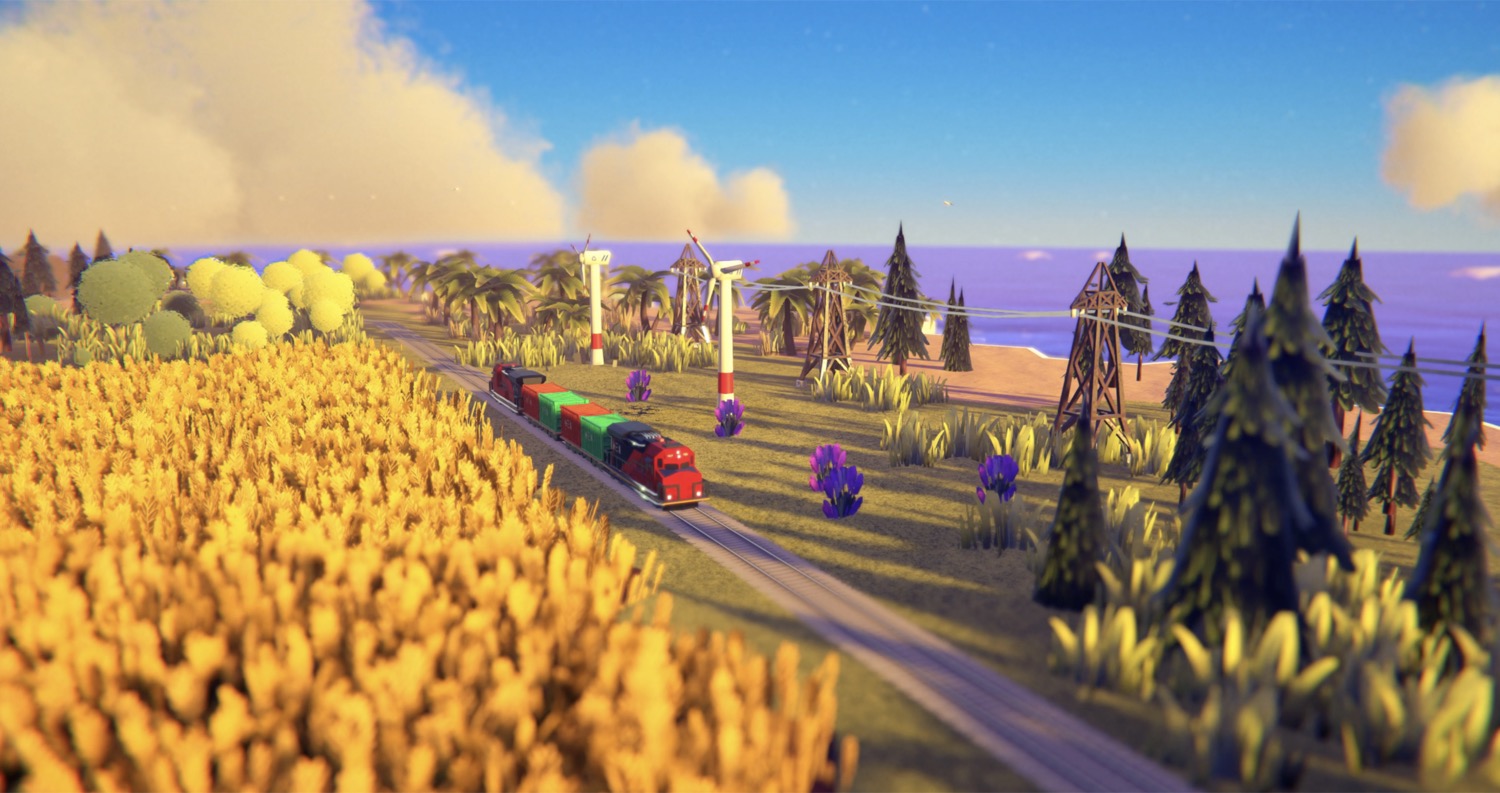
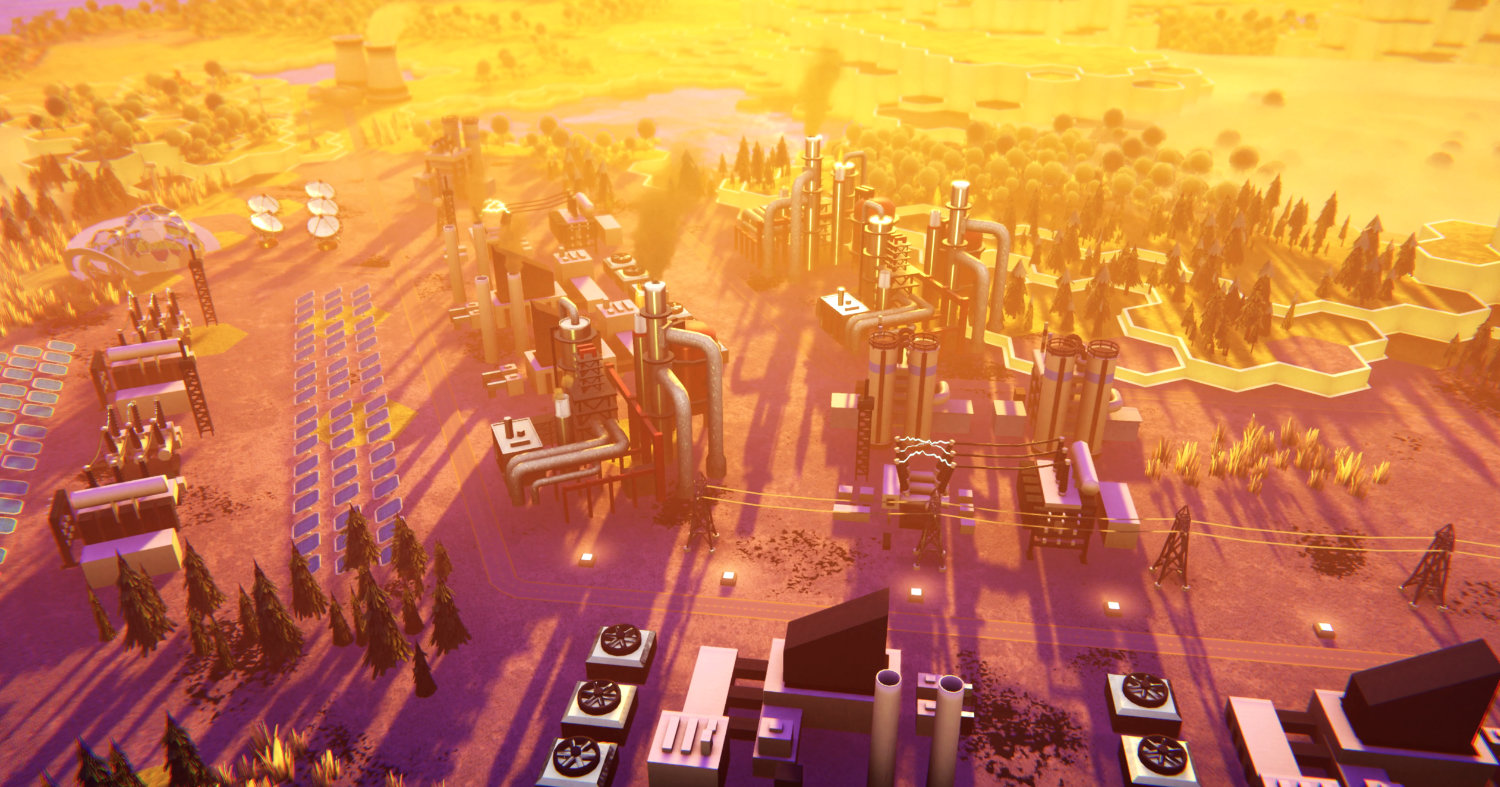
And perhaps there's more to it than a beautiful hex world and a network of resource management. At the end of the trailer, self-replicating bot #392094343 takes a look at the label on its arm, which reads Property of Humans, and then gazes into the sky. Maybe we're in for a little robot revolution?
Hexoplanet is currently in development, with an "anticipated" release next year.
Keep up to date with the most important stories and the best deals, as picked by the PC Gamer team.

Chris started playing PC games in the 1980s, started writing about them in the early 2000s, and (finally) started getting paid to write about them in the late 2000s. Following a few years as a regular freelancer, PC Gamer hired him in 2014, probably so he'd stop emailing them asking for more work. Chris has a love-hate relationship with survival games and an unhealthy fascination with the inner lives of NPCs. He's also a fan of offbeat simulation games, mods, and ignoring storylines in RPGs so he can make up his own.

